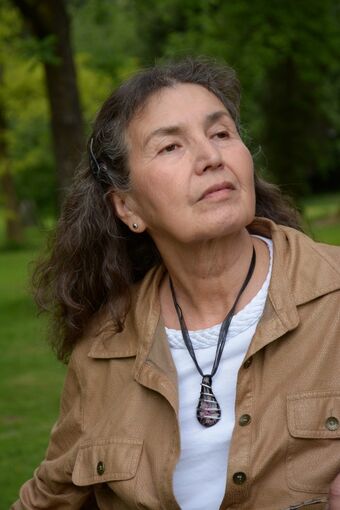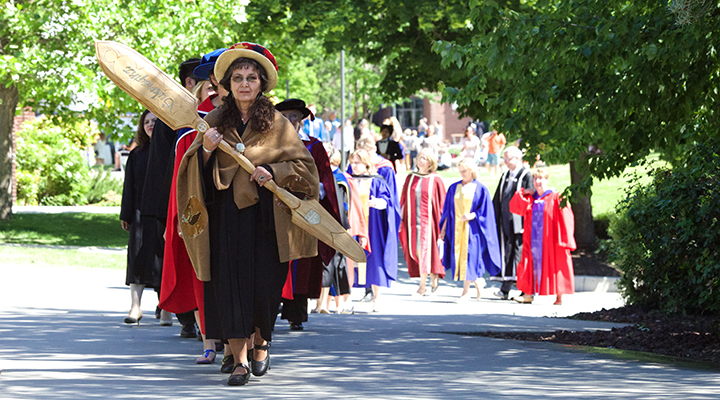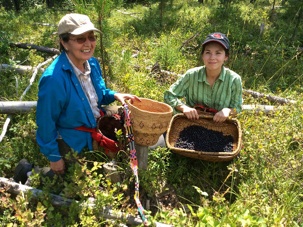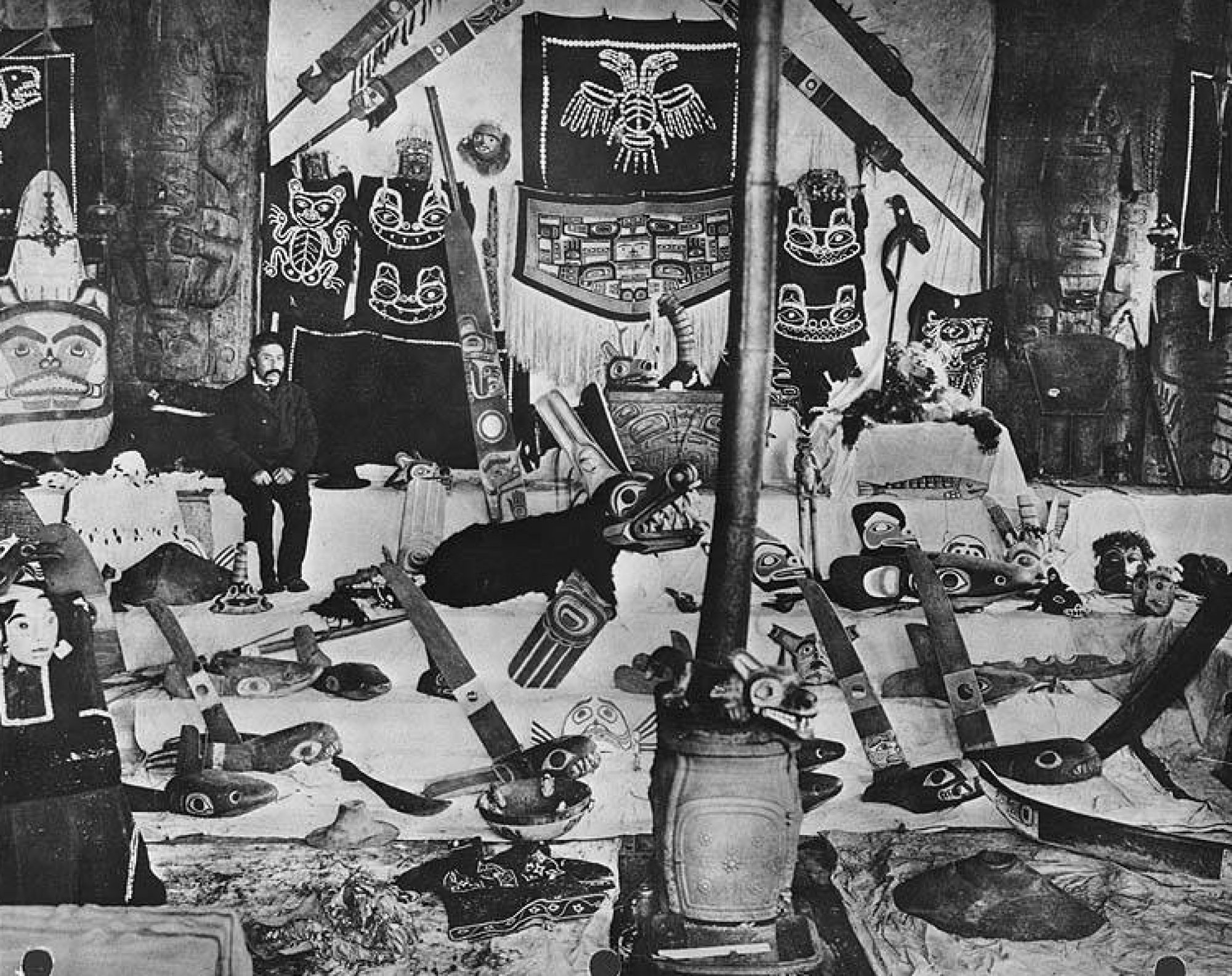Biographical Timeline| Leadership Qualities | Renaming Mt. Rainier | References
Venerable

One way to determine whether or not someone is a leader is by looking at how their community views them. In Jeannette Armstrong’s case, it is clear to see that her community considers her to be venerable; someone who is greatly respected due to her wisdom and strong character. Over the years, Armstrong has spent her time working with not only in the Okanagan community, but working internationally with other Indigenous peoples to raise them up and find solutions to their problems. This can be seen through a multitude of ways: her first novel, Slash, came about due to a request for curriculum in schools that would educate students on contemporary issues that Indigenous people face. She was appointed as a judge for the First Nations Court of International Justice, in order to give a decision on whether or not the Government of Canada had violated laws against Indigenous peoples. Additionally, while she serves as the Executive Director for the En’owkin Center in Canada, she is also a consultant for the Center of Ecoliteracy in California, where she has shared the Okanagan philosophy of En’owkin. These examples, along with her many awards, recognize Armstrong for being someone that many people turn to when they struggle with questions. Armstrong is recognized not only amongst her community, but across nations and continents for being fair, trustworthy, and wise.
Preserver

The Syilx oral language, known locally as nsyilxcən, is the traditional language of the Indigenous Syilx/Okanagan Peoples. Due to the decades of assimilation practices, Nsyilxcən is considered an endangered language. The En’owkin Centre, a Syilx education institution, is dedicated to implementing Indigenous knowledge and systems, by providing access to Nsyilxcən learners of all ages and skill-levels. Jeanette Armstrong, the Executive Director, is committed to rejuvenating the traditional understandings of the Syilx histories, cultural frameworks and values, and skill-based knowledge stored within the oral traditions of Nsyilxcən. For the youngest students, bilingual children’s books–such as Armstrong’s “How Food Was Given/How Names Were Given”– reintroduces the traditional oral narratives of Indigenous people’s connection to the land and water of their homelands. For older students, they continue to reestablish their ties to the Nsyilxcən language and the Syilx traditional land and waterway ties. For these students, the En’owkin Centre also functions as a hub, where Syilx members can access academic planning for public post-secondary schooling, financial planning, and a cultural awareness program that facilitates connections to larger Indigenous movements. In a 2009 interview between Armstrong and the Center for Ecoliteracy, she underlines the importance of En’owkin, which in Nsyilxcən translates to a foundation for sustainable living. Thus, Armstrong’s core ambition for the En’owkin Centre is to reestablish community and traditional sustainability practices through education. By sharing her insight and knowledge, which have been passed down generationally to her, Armstrong hopes to reject the effects of colonialism in the Okanagan communities and to restore the once perfect unison between the Syilx people, the land, and the water.
Community-based

Jeannette Armstong has created community organizations and programs for Okanagan people to improve their traditional language or cultural knowledge. Because of this, Okanagan/Syilx people have a stronger ability to connect to their history and fight for their rights. Born into the Penticton Indian Band of the Syilx Nation, Armstrong has fought for legal justice for her people and the Canadian government. In her novels, such as Slash or Whispering Shadow, Armstrong brings assimilation and Indigenous culture to the mainstream community. Despite the challenges of the federal court and government, she continued to fight for the preservation of her culture and community. While she taught at the University of British Columbia Okanagan (UBCO), she used her knowledge to teach Sylix reading and writing courses, and the legal framework for Okanagan people to regain their rights. She also established the En’owkin Writing Centre for Okanagan people to refind their traditional language. Armstrong encouraged the combination of Syilx and English teachings to remember their culture. She has been participating in the Okanagan Nation Alliance since its founding as a council member. For example, she worked with Okanagan Nation members to discuss the water and food shortage in 2010. Sustainability continues to be their main issue of discussion.
